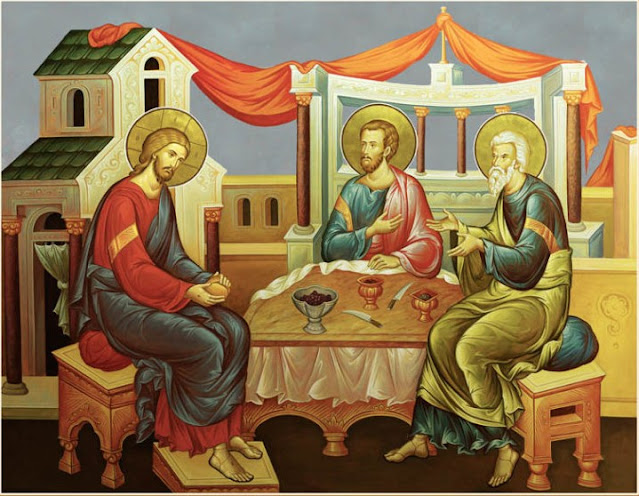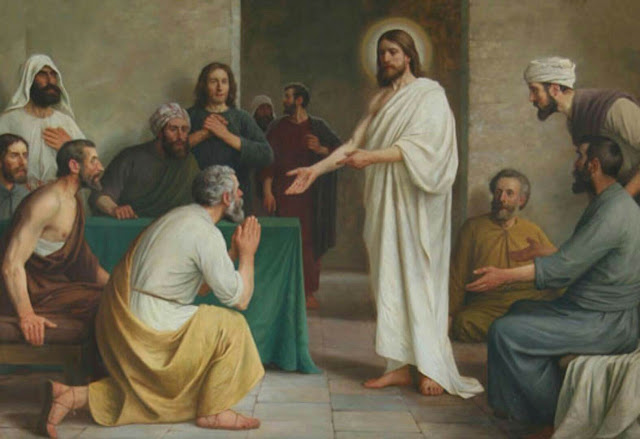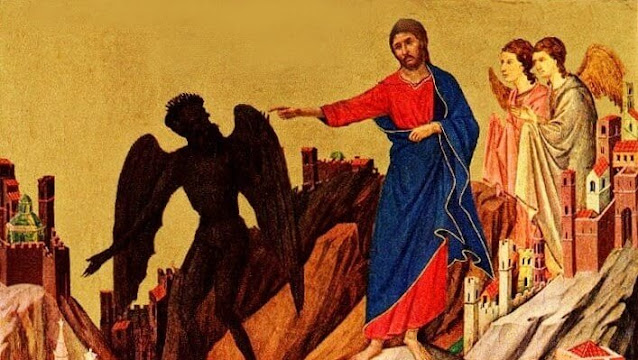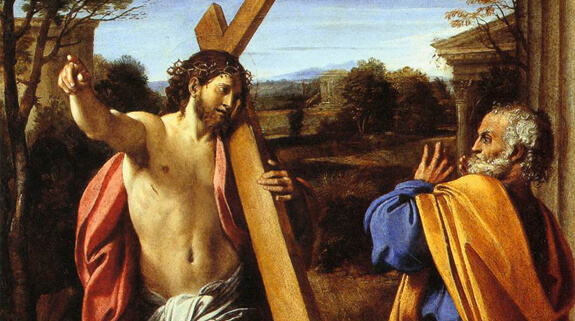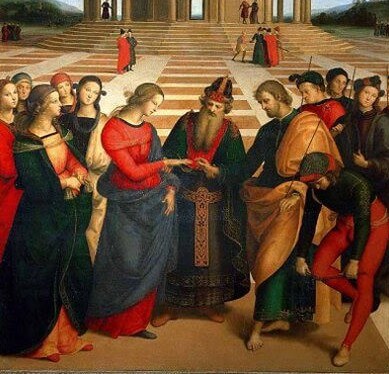Homily for the 6th Sunday of Easter, May 5, 2024, Year B
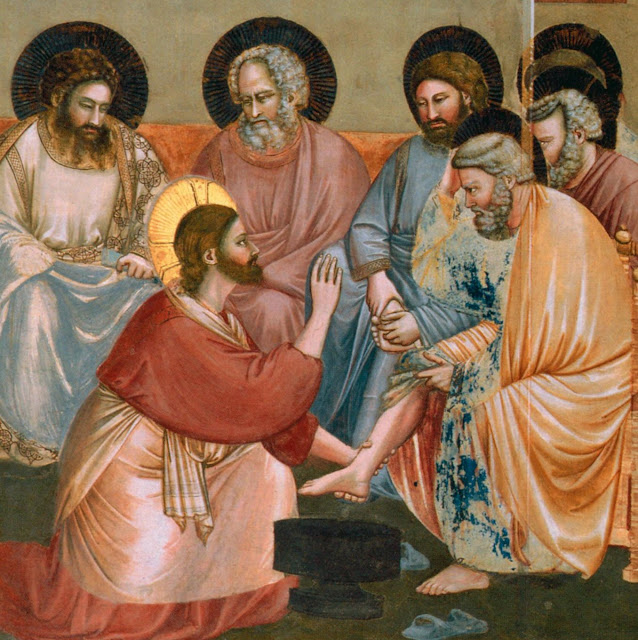
Fr. Charles Irvin Diocese of Lansing ( Click here for Sunday’s readings ) One of my favorite passages in all of Sacred Scripture is contained in today’s Gospel account wherein we find Jesus saying, “I no longer call you slaves, I call you friends.” Jesus is saying something very beautiful in those words, something really wonderful about the humility of God, making us His friends. Some people prefer a God who is a sort of benevolent Emperor, a sort of plantation owner who provides for us as one would provide for his slaves. Other people want a God who gives clear laws, rules and regulations, one who sets our boundaries for us. Under such a God there are no hard decisions to make; no real thought given to the most creative responses we can make in any given situation. Under such a God, all one need do is simply follow the rules. Nevertheless, God continues to insist: “I no longer call you slaves, I call you friends.” That puts burdens on us. We have to figure out how to fully re

